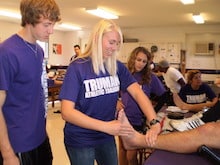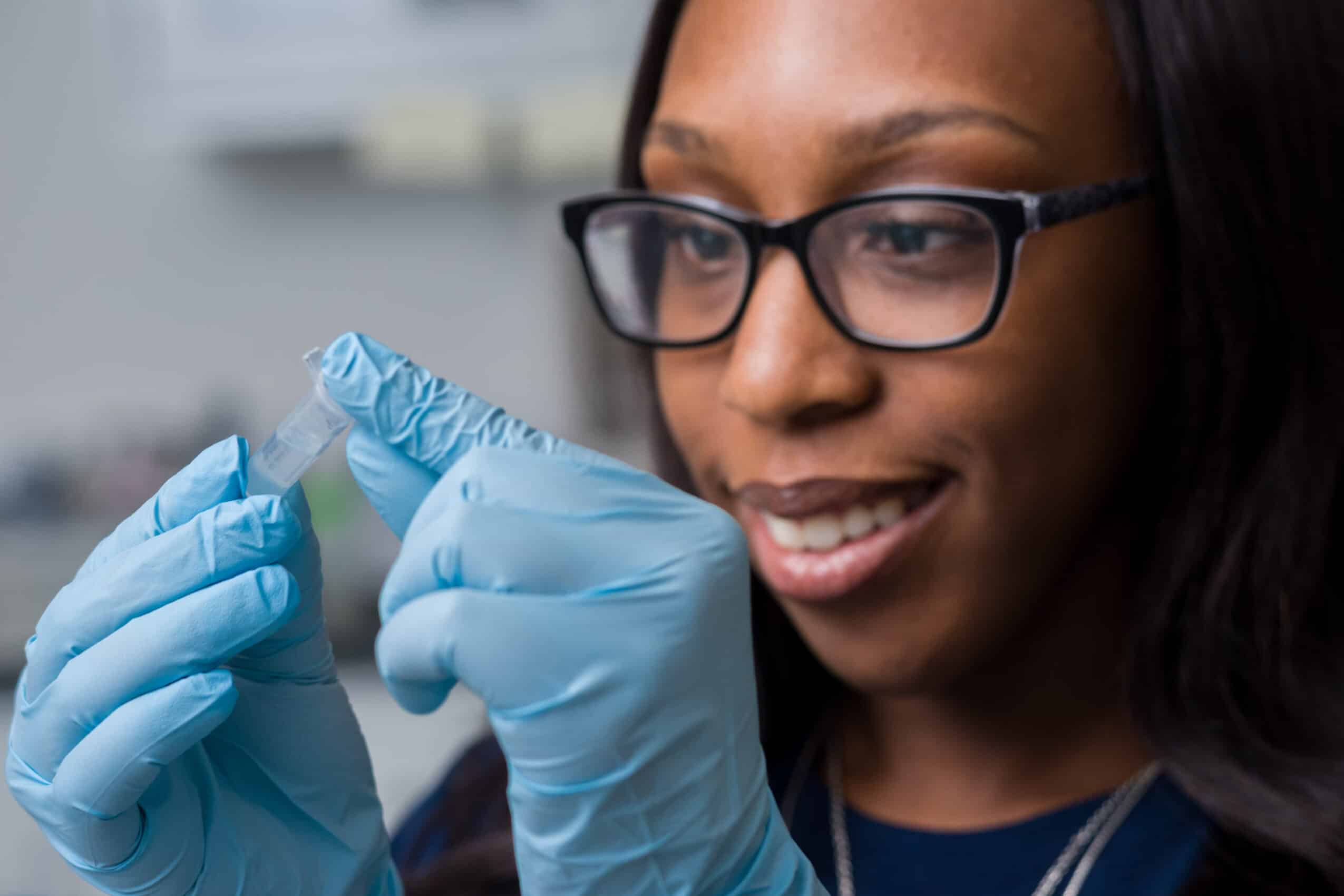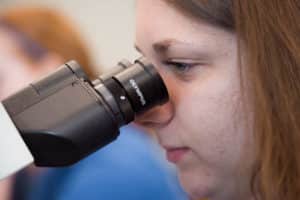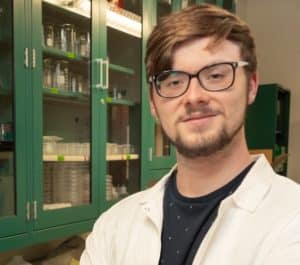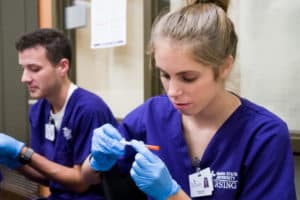Biochemistry and Molecular Biology Major (BS)
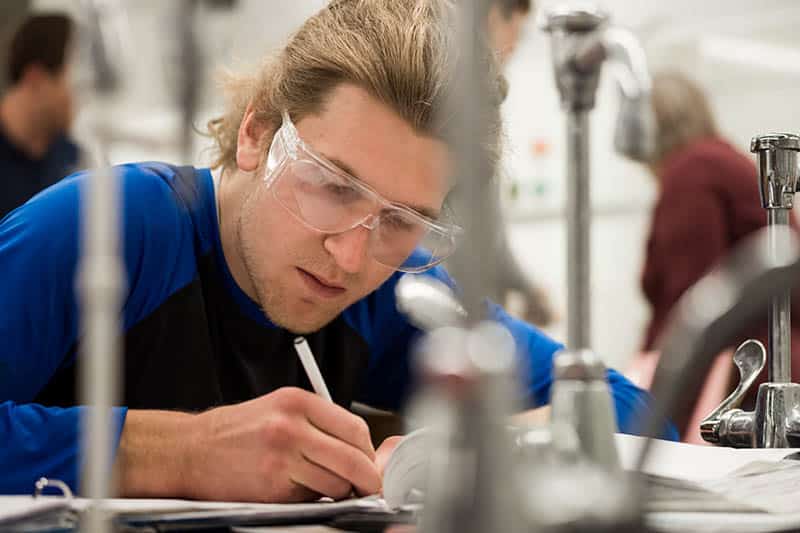
Offered jointly through the Agricultural and Biological Sciences Department and Physical Sciences Departments, the Biochemistry and Molecular Biology major is designed for students interested in multiple scientific fields. This major provides you with a rigorous, multi-layered approach, integrating important topics and techniques in both disciplines. In addition to a comprehensive understanding of how chemical processes and molecular mechanisms impact biological systems, you develop critical thinking, analytical, and technical skills necessary to be a creative, effective, and responsible scientist.
Upon graduation, you will meet the American Chemical Society (ACS) requirements for certification.
Career Paths
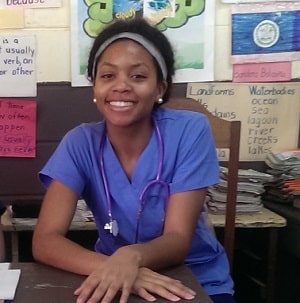
Multiple Career Options
Biochemistry and molecular biology represent a growing interdisciplinary field, and this major offers breadth and depth that make you marketable in various areas such as biotechnology, pharmaceuticals, and bioinformatics.
Some of the graduate and professional schools are graduates are attending include:
- University of Kansas
- Pennsylvania State University
- University of Minnesota
- University of Florida
- A.T. Still University
- National Institutes of Health

Preparation for Professional Studies
The biochemistry and molecular biology major is an ideal option if you're interested in pursuing a career in the medical field. Your Truman advisor can help you customize an appropriate plan to prepare for your intended professional study.
Featured Courses
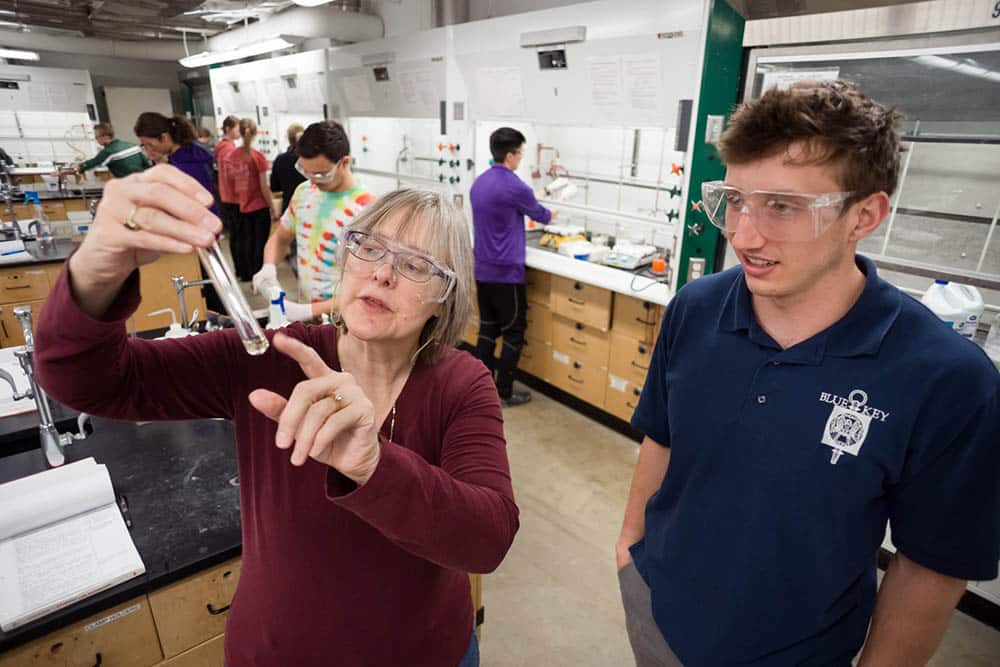
Research Opportunities
You might work alongside a faculty mentor as a teaching assistant in a lab course, join an existing research team or start your own research project.
Many students present their research results at Truman’s Student Research Conference as well as national and international scientific conferences.
Explore Related Programs
Majors
Minors

